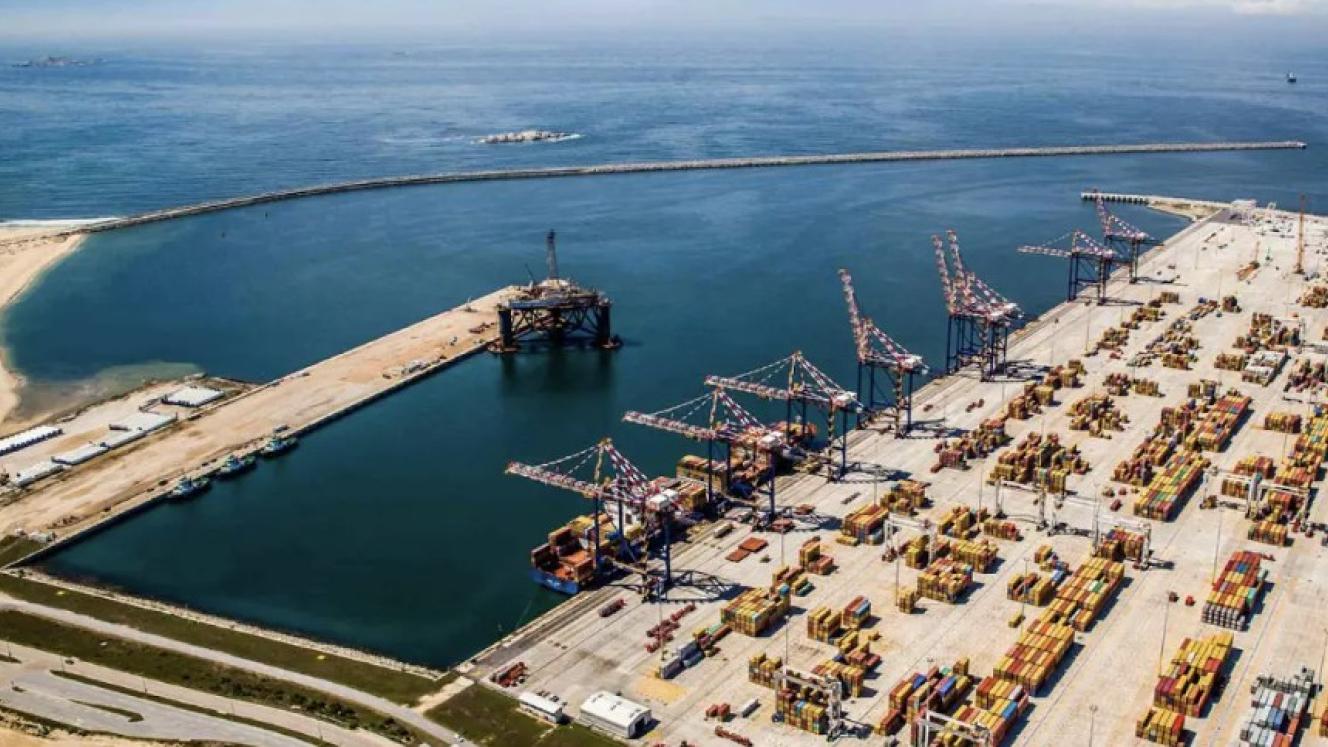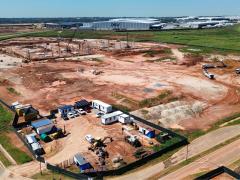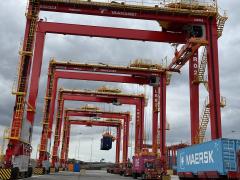The coronavirus has created immediate and long-lasting changes in consumer demand for the fast-moving consumer goods (FMCG) sector. Driven by a high increase in demand, change in consumption trends and stock needs, the need for agile and innovative supply chains will be critical going forward, according to Julien Bourdinière, an expert in consumer product retail distribution at consultancy company Capgemini. “Post-Covid-19 businesses need visibility, flexibility and clarity in their global logistics process to be successful.
FMCG companies, regardless of size or product category, will have to leverage data and emerging technologies to remain on top of ever-changing demand.”Bourdinière said countries like South Africa, still dealing with lockdown conditions, were well advised to keep an eye on developments in China, which returned to “normal" some months ago.
“China locked down towards end of January putting them at least three months ahead of most other countries. Confinement was eased at the end of March at a time when other countries in the West were only instituting lockdowns.”
Now, already in their second month of normal business operations, Bourdinière said the most important lesson learnt so far was that normal had changed.
He said digital commerce and the use of online market platforms were already advanced in the East prior to Covid-19 which has highlighted the role of technology. The pandemic saw a massive switch to online which in turn put huge pressure on supply chains.
“Due to its technological advancement, the infrastructure in China in particular was trained enough to sustain the peaks of demand and support the service levels demanded by the consumer in the FMCG sector.”He said online grocery orders had multiplied by up to eight times, generating a huge peak in the need for improved picking in warehouses and stores. Online live-streaming shopping increased by 700% during the crisis. “In large cities the delivery times used to be same day, but due to the increase in demand this was increased to a day + 1.”
According to Bourdinière the pandemic in China highlighted the importance of logistics technology and supply chain agility in the FMCG sector. The ability to use data and automation to manage peaks of demand turned out to be the saving grace.
“They were able to use the knowledge already gained for the massive switch of demand they experienced in the crisis.”Within the FMCG sector itself huge distinctions have happened within categories. “Food and beverage demand has soured, while fashion, beauty and jewellery, for example, have seen major declines."
He said if the Chinese trends were an indication of the new normal it was clear that continued acceleration in the digitilisation and robotisation of operations could be expected.
“Unmanned warehouses, drones for delivery, full track and trace of all goods, and advanced planning will be even more important.”The use of drones and autonomous vehicles in particular have proved very useful to deliver to hospitals and highly infected areas.
“Technology has seen an unprecedented acceleration in its development and usage, creating a new operational environment,” he said. Considering that consumer demand is changing in the face of the pandemic, logistics companies will be under pressure to meet that demand but will have to do so using very different methods than what has been the case to date.












